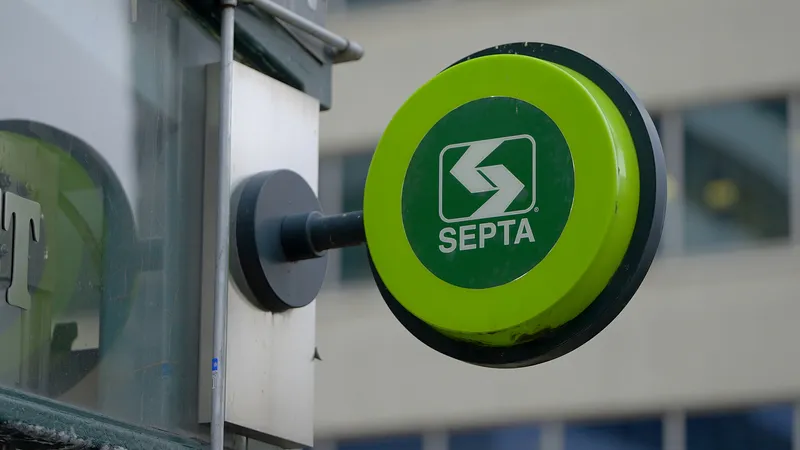
Southeastern Pennsylvania Transportation Authority (Septa) has awarded Cubic Transportation Systems a $211 million contract to design, install and operate a new fare payment system called Septa Key 2.0.
Estimated completion date is 2029 and, when available, it will be used by nearly four million transit riders in the US city of Philadelphia and surrounding counties. The agency says that customers have helped guide the project.
“Septa’s current fare payment system is outdated and overdue for an upgrade,” said Septa board chair Kenneth E. Lawrence Jr. “It was designed more than a decade ago, and as this technology continues to rapidly evolve, Septa must make this critical investment now.”
The agency says Septa Key 2.0 will be more reliable and easy to use for customers and offers new functionality such as virtual key cards and enhanced website, mobile app and call centre.
It will also support "equity-focused fare policies", Septa says.
“A consistent and modern fare payment system is fundamental to Septa’s success,” said Septa interim general manager Scott A. Sauer. “It is one of the pillars of our system, along with safety, reliability and cleanliness. This state-of-good-repair project is necessary to achieve continued ridership growth.”
Cubic's win follows a request for proposals in spring 2023.
Peter Torrellas, Cubic Transportation Systems president, says: “We look forward to modernising Philadelphia’s transit system with fare collection technology that we have designed and customised for major cities around the world. As we deploy our technology, we will partner closely with Septa to ensure Philadelphia’s transit system is state-of-the-art, providing an enhanced experience for all riders.”










